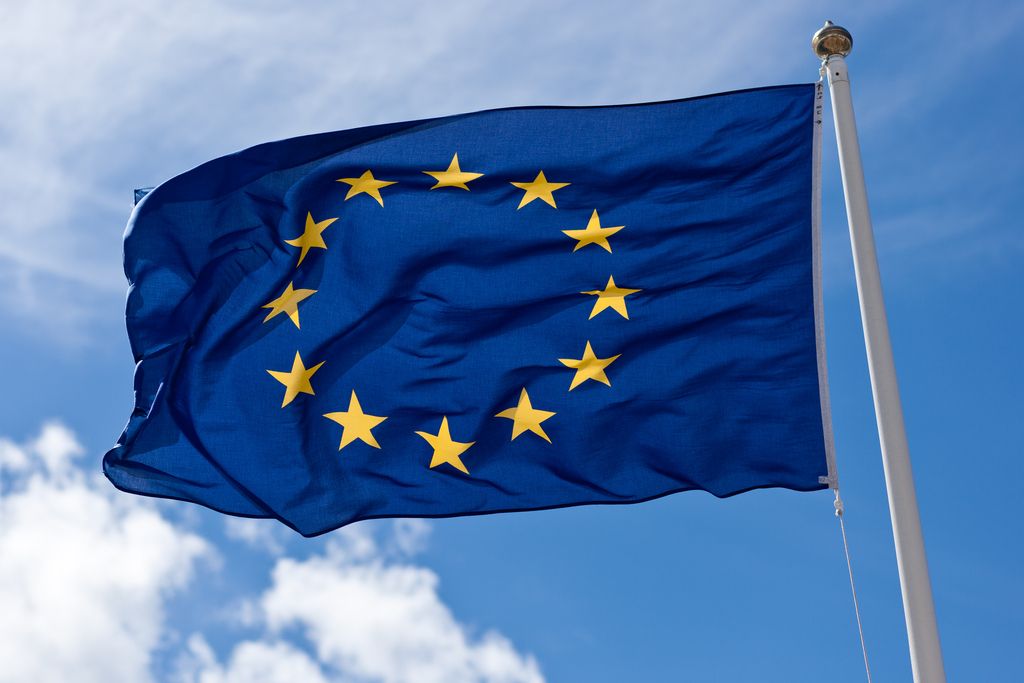Proposals in a consultation from the European Supervisory Authorities could have a “disruptive impact on the asset management industry” that leads to the reclassification of Article 8 and 9 funds.
The ESA’s consultation is proposing significant changes to the sustainable finance disclosure regulation (SFDR) regulatory technical standards (RTS).
Changes that will likely have a considerable impact on the asset management industry are in areas such as principal adverse impact (PAI) disclosures, the SFDR ‘do no significant harm’ (DNSH) test, and product level disclosures.
Of particular importance is the proposal to change the DNSH test, which forms the core of “sustainable investment”.
As of today, it is up to the financial market participant (FMP) to define the DNSH test, including to set thresholds for the test.
But under the ESA consultation, the regulator is considering the option to define the criteria for the DNSH test.
Julia Vergauwen, managing associate for investment funds at law firm Linklaters, said there is a risk the regulator’s and asset manager’s definition of the DNSH test will not correspond.
This, she added, could result in “revision of the FMP’s sustainable investment framework and thus reclassification of Article 9 (all investments of which should be sustainable investments) and Article 8+ (certain proportion of investments of which are sustainable investments) products”.
Vergauwen said: “Needless to say that this would have a disruptive impact on the asset management industry.”
Fund downgrades
Risks of further disruption and downgrades in the asset management industry follows a number of funds being downgraded shortly before the Level 2 requirements of the EU’s SFDR, which boosts transparency requirements for asset managers, were introduced in January 2023.
The introduction of Level 2’s regulatory technical standards (RTS) on 1 January 2023 means fund providers will need to supply detailed sustainability-related disclosure obligations, and complete mandatory reporting templates.
A number of funds were downgraded shortly before the Level 2 requirements were introduced. Bloomberg Intelligence found 70% of all Article 9 ETFs have been downgraded to an Article 8, with $57bn of assets across more than 70 ETFs downgraded in the fourth quarter of 2022 alone.
As many as 1,500 funds that have been categorised as Article 9 by providers are at risk of having the status removed as research shows they are not investing solely in sustainable investments as required – or are not making data available to demonstrate they do so.
Disclosures
The latest 158-page report from the European Supervisory Authorities – co-written by the European Banking Authority, the European Insurance and Occupational Pensions Authority and the European Securities and Markets Authority – contains a raft of proposed changes to the disclosure framework to address issues it says have emerged since the introduction of the SFDR.
The three bodies have proposed a number of changes, including the expansion of social issues that must be disclosed; revising certain definitions and methodologies used in determining disclosure regulations; and requiring the disclosure of decarbonisation targets.
The three bodies said comments on the consultation paper would be open until the beginning of July and can be made via the response form.
They also said they would organise a joint public hearing and targeted consumer testing during the consultation period. After considering the comments received, the ESAs will prepare a final report and submit it to the European Commission.








